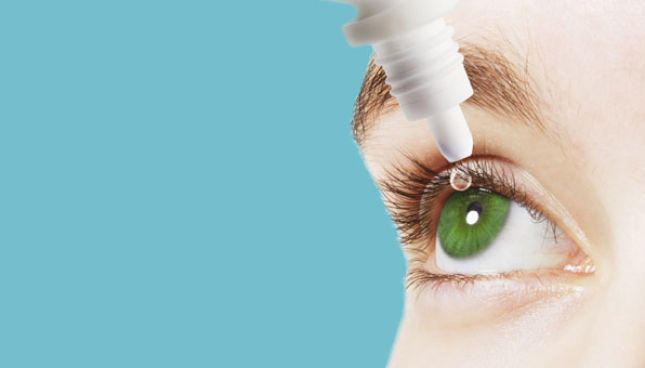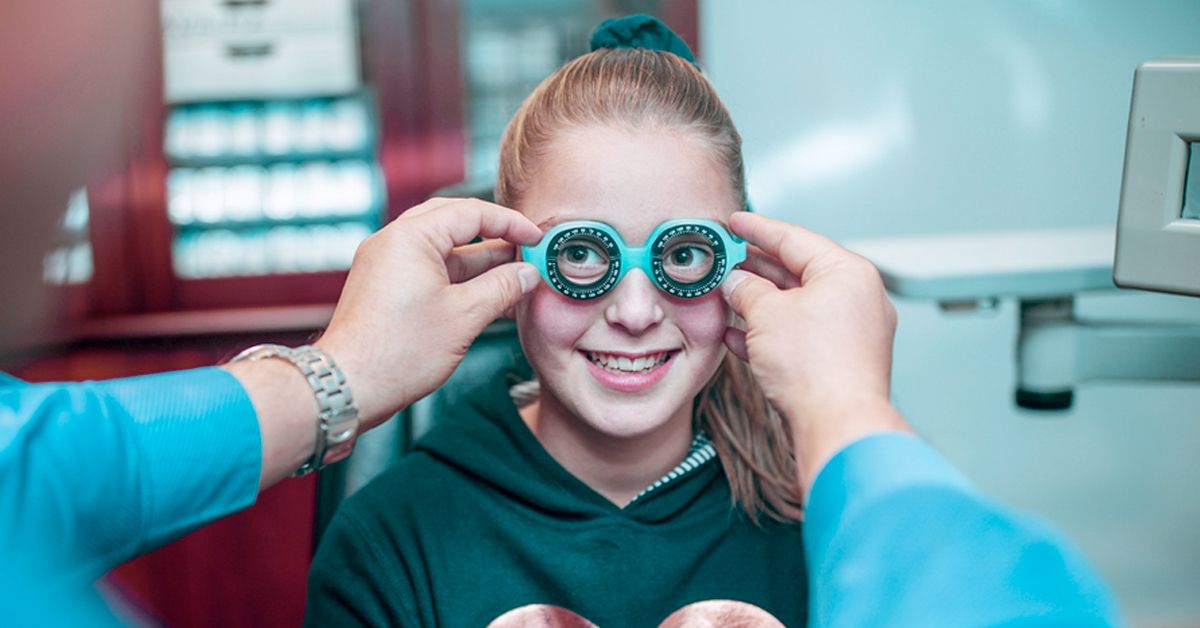Andalusia Eye Facility: Introducing Vision Take Care Of Neighborhood Wellness
Andalusia Eye Facility: Introducing Vision Take Care Of Neighborhood Wellness
Blog Article
Is Refractive Surgical Procedure Right for You? Elements to Take Into Consideration for Better Eyecare
In the realm of eye treatment, the decision to undertake refractive surgical procedure is a significant one that demands thoughtful consideration. From the complexities of one's ocular health to the intricacies of daily habits and personal assumptions, each element holds importance in the broader landscape of refractive surgical treatment candidacy.
Eye Health Assessment
When thinking about refractive surgical treatment, an extensive eye health evaluation is crucial to evaluate the suitability of the treatment for each and every person. cardiologist andalusia. This evaluation involves a series of assessments and tests performed by an eye treatment professional to determine the total health and wellness of the eyes, the presence of any hidden problems, and the security of the refractive error
During the analysis, various variables are thought about, such as the client's medical background, present eye prescription, corneal thickness, student dimension, and tear film quality. These analyses assist to determine any type of contraindications to refractive surgical treatment, such as corneal irregularities, cataracts, or without treatment eye infections. Furthermore, the examination helps to handle client assumptions relating to the possible outcomes of the surgery based upon their special eye features.
Eventually, the eye wellness evaluation is vital in making certain the security and effectiveness of refractive surgical procedure, as it supplies useful insights right into the individual's eye health and wellness standing and aids figure out one of the most appropriate therapy alternatives for attaining optimum visual outcomes. (andalusia pediatrics)
Way Of Living Analysis
A comprehensive lifestyle analysis is indispensable in determining the viability of refractive surgical procedure for a person's aesthetic modification requirements. Way of life elements such as occupation, hobbies, and daily tasks play a critical duty in the decision-making procedure relating to refractive surgical treatment. For example, individuals with occupations that involve a high degree of exercise or exposure to environmental components may have different visual demands contrasted to those with inactive workdesk tasks. Understanding exactly how an individual's way of life might influence their vision post-surgery is vital for taking care of assumptions and guaranteeing optimum outcomes.
In addition, lifestyle habits such as sports involvement, outside tasks, or also skin care routines can affect the recovery process and total success of refractive surgical treatment. By conducting an extensive way of living evaluation, eye care specialists can tailor their recommendations and treatment plans to meet the special demands of each patient, eventually leading to enhanced aesthetic end results and complete satisfaction.
Assumption Positioning

Establishing reasonable expectations includes complete pre-operative conversations between the individual and the ophthalmologist. The specialist ought to transparently connect the potential dangers, advantages, and limitations of the treatment (andalusia pediatrics). People need to understand that while several people accomplish 20/20 vision or much better complying with refractive surgery, some might still need glasses for certain activities like analysis or driving at night. Taking care of these expectations aids stop disappointment and discontentment post-surgery, bring about a much more favorable overall experience for the person.
Danger Analysis

Elements that might increase the danger of issues include age, specific clinical conditions like autoimmune illness, unstable vision prescription, slim corneas, and unrealistic individual expectations. Furthermore, picking a knowledgeable and knowledgeable specialist, following pre and post-operative care guidelines diligently, and revealing any type of pertinent case history can aid reduce dangers.
To lessen the likelihood of problems, ophthalmologists carry out detailed pre-operative evaluations to determine any kind of contraindications to surgery. They also talk about the prospective dangers and advantages with people during the assessment procedure. By taking part in open interaction and shared decision-making, both the eye doctor and the person can interact webpage to determine if refractive surgical treatment is the appropriate selection based upon private danger accounts and preferred results.
Assessment Relevance
Considering the critical role of educated decision-making in analyzing threats and possible issues in refractive surgical treatment, the examination procedure holds considerable significance in directing clients towards optimum results. During the assessment, the ophthalmologist evaluates the patient's eye wellness, refractive mistakes, and general suitability for surgical procedure. This first evaluation is essential in determining the most ideal treatment for each person, thinking about factors such as corneal density, pupil dimension, and existing eye conditions.
Additionally, the assessment acts as a possibility for clients to review their expectations, concerns, and any type of questions they might have pertaining to the surgical treatment. Clear interaction between the cosmetic surgeon and the patient is important to make sure practical assumptions and an extensive understanding of the possible dangers and advantages involved.
In addition, the consultation enables the surgeon to clarify the different medical options offered, their corresponding outcomes, and the post-operative care called for. This comprehensive discussion empowers clients to make knowledgeable choices about their eye care, bring about better satisfaction and results post-surgery.
Verdict
To conclude, people considering refractive surgical treatment must undertake a comprehensive eye health examination, analyze their way of life behaviors, straighten their Source assumptions with potential outcomes, evaluate useful link the involved dangers, and prioritize examinations with eye treatment professionals. These factors play a critical duty in determining the suitability of refractive surgery for each individual, ensuring ideal end results and satisfaction with the procedure.
Clients taking into consideration refractive surgical procedure usually have high assumptions pertaining to the end results, anticipating best vision without the requirement for glasses or get in touch with lenses. While refractive surgery can significantly improve vision and lower dependence on visual aids, it is crucial for patients to recognize that outcomes may vary based on specific aspects such as the degree of refractive error, corneal density, and general eye health and wellness.
By engaging in open interaction and shared decision-making, both the ophthalmologist and the patient can function together to identify if refractive surgery is the appropriate option based on private threat accounts and preferred outcomes.
Considering the crucial duty of educated decision-making in analyzing threats and prospective issues in refractive surgical treatment, the assessment process holds considerable value in leading patients towards optimum results. During the assessment, the eye doctor examines the individual's eye health and wellness, refractive mistakes, and total viability for surgical procedure.
Report this page